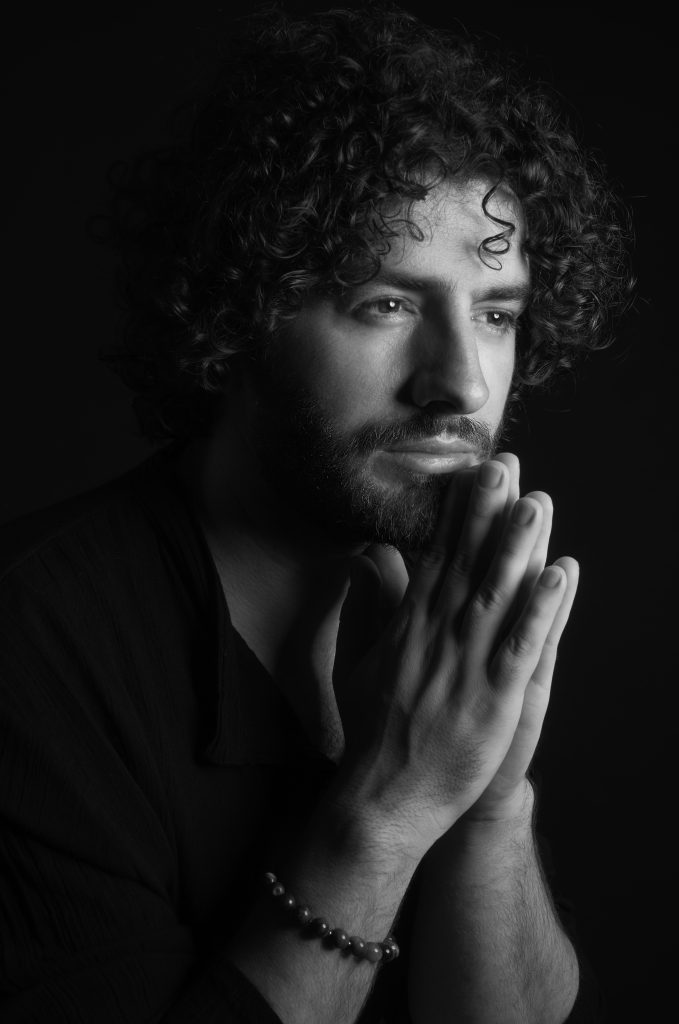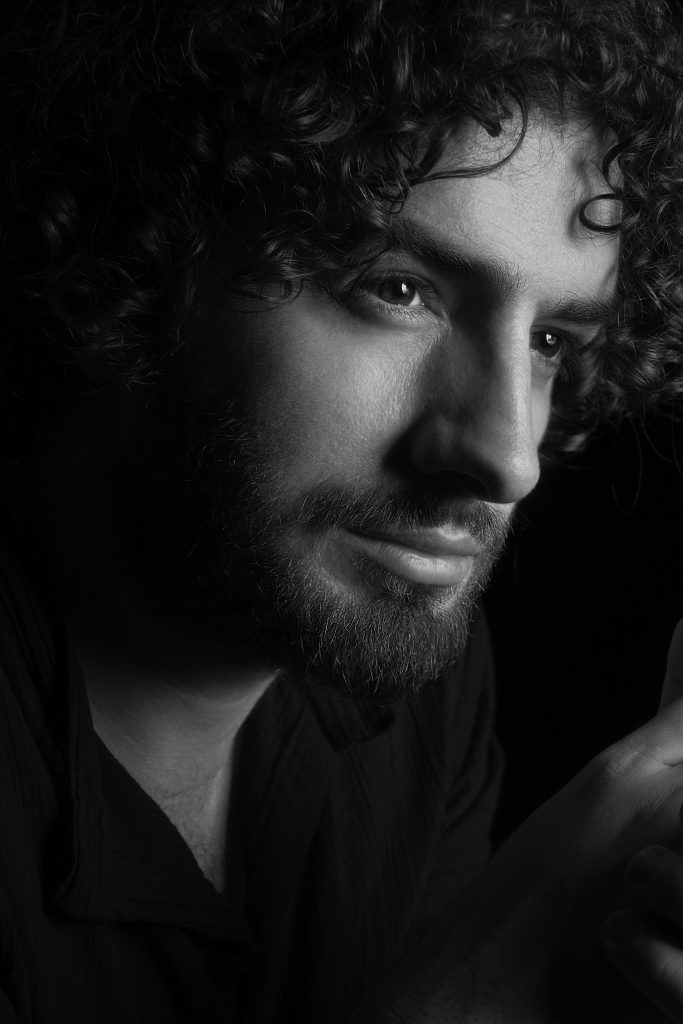The heart cannot see the truth until it opens to love.
Last week was Mevlana Week, and on December 17, people from all around the world flocked to Turkey, particularly to Konya. Among them were not only Muslims but also Christians, Jews, Buddhists, and even those who identified as atheists. How is it, then, that Mevlana continues to attract so many people centuries after his passing? How is it that people of such diverse beliefs find peace in the same place?

This is the power of Sufism, which embodies the essence of Anatolian wisdom. Sufis have always spoken to the heart. They transformed their words into poetry, their emotions into music and dance. People listened to them not with their ears but with the ears of their soul; they watched not with their eyes but with the eyes of their heart. This was not merely a doctrine but a state of being, a journey.
In a talk I gave in Germany during Mevlana Week, I shared the profound messages of Sufi philosophy that inspire people. I’d like to share some of those insights with you.
The heart is an ocean; the tongue is its shore. What is in the ocean washes up on the shore.
Mevlana’s influence lies not only in his words but in the love behind those words. He taught us to see people not for their outward appearances but for their souls. His message is universal: “Come, come, whoever you are, come!”
The Sufi path is not one of knowing but of feeling. It requires leaving behind the mind’s chaos and descending into the depths of the heart.
As Mevlana said: “The heart is an ocean; the tongue is its shore. What is in the ocean washes up on the shore.”
This journey is less about reading and more about experiencing. Sufism is not just a teaching; it’s a state of being, a way of life. The heart is the door to the deepest truths of humanity. Open that door, and you will find the truth there. For the Sufi, the path is the path of the heart; the truth is not external but internal.
Love is the essence of Sufism. It is not merely a feeling for another person but the ability to see the Creator in every breath, in every being. Love is a state of forgiveness and acceptance. Sufism teaches us to embrace ourselves, others, and ultimately, all existence. A journey without love is not a journey. If your heart is closed, you cannot reach the truth. But if you take love as your guide, the paths will open naturally. Just as a river finds its way past the stones, love overcomes all obstacles and leads you to the truth.
Who am I?
A Sufi asks, “Who am I?” but not with their mind; they ask with their heart. The mind is occupied with the burdens of the past and worries of the future; it seeks logic, demands evidence, and draws boundaries. But the heart speaks from another dimension, whispering with a silent yet profound wisdom. That whisper can be heard not only in moments of peace but also amidst chaos—sometimes in the stillness of a breath, in a child’s laughter, or in the touch of a raindrop on the earth. And the Sufi knows that the answer always lies in love.
Love here is not just an emotion; it is a way of being. Love is like a bridge where one redefines themselves and the universe. Those who cross that bridge see how the ordinary transforms into the extraordinary. Just as a stone, with patience, effort, and love, becomes a gem, the heart can also become purified, clear, and a reflection of truth. But this can only happen when the heart is open to love.
Opening the heart to love takes courage. Love requires not only the willingness to embrace joy but also the risk of being hurt. Love demands tearing down the walls of the heart, letting go of fears, and stepping into uncertainty with trust. A Sufi keeps their heart open in this way, knowing that love is not just about receiving but also about giving. Love is not about possession; it is about letting go.
This is why the heart is like a garden. If you plant it with love and nurture it patiently, it will bloom with the most beautiful flowers. But remember, it is also your responsibility to weed out the garden. Emotions like fear, anger, and jealousy are the weeds. A Sufi clears these weeds from their heart, knowing that the light of truth can only shine in a clean heart.
And love is both the beginning and the end of this journey. Love transforms you. It brings you back to yourself and then takes you beyond yourself. Love is not just a personal experience; it is a universal connection. It elevates the ordinary to the extraordinary, unites the individual with the universal. When your heart is purified by love, Sufi wisdom says you are no longer just a human being; you become a messenger of love.
Let us end with one of Mevlana’s sayings:
“The heart cannot see the truth until it opens to love.”










